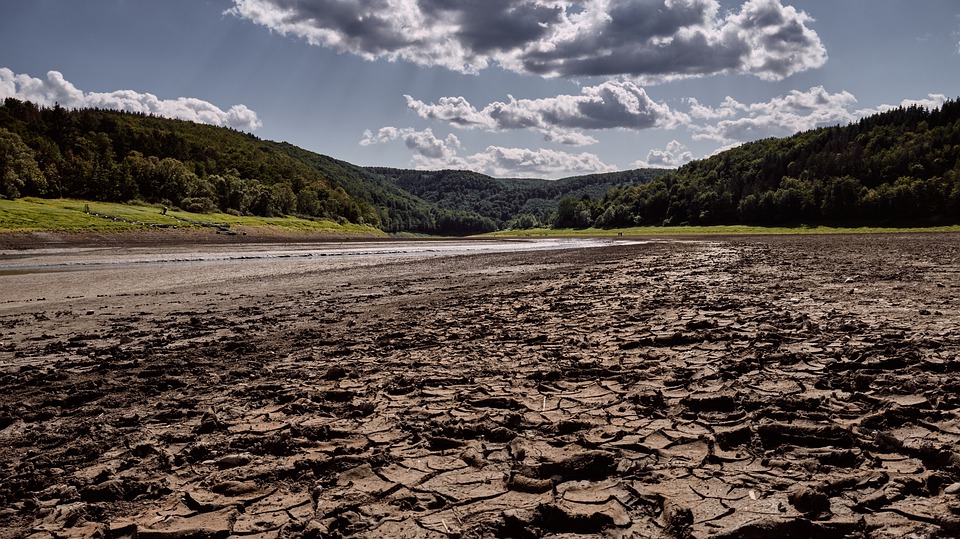Moroccan youth activists confront climate change in DC

Moroccan youth activists gathered for a roundtable discussion to confront the topic of Morocco’s environmental future, according to Arab News.
Morocco, like other countries in the Maghreb, is already beginning to see the environmental shifts occurring because of climate change. This season in particular, Morocco and other Maghreb countries like Tunisia are witnessing lasting droughts that are impacting their food supply, and putting more pressure on their import market, according to Maghrebi.
The roundtable discussion, hosted by the Middle East Institute and the North African Policy Initiative, allowed for these 3 young activists to come together and talk about the current state of environmental issues in Morocco.
READ: Morocco: Minister unveils plans to resolve water crisis
Wissal Ben Moussa, an Engineer in Agro-food Industries and an agroecology specialist, began by speaking to the general effects that climate change can have, referring to Morocco as a “Frontier area” as it is sandwiched between the African Sahel and has an ecosystem that is “more and more prone to desertification, more and more prone to aridification” leading Morocco to be “significantly impacted by climate change.”
One climate activist and environmental engineer, Fatna Ikrame El Fanne (main picture), said that the Moroccan government has recently started paying attention to the issue. “In recent years, the Moroccan government has enacted a number of policies that are aimed at improving water management and availability within the country,” she said. She elaborated that within these policies, there are several long-term strategies like an integrated water resources management guideline and enacting a national water law that provides a legal framework for water governance, rights and protections.

READ: Permaculture takes root in Tunisia
Hasnae Bakhouch, a UN Women Young Peacebuilder and Peace and environmental activist, spoke about the importance of including women and gender in the conversation about climate change, stating “There is a lack of questioning about the nexus of gender and climate.” According to Bakhouch, especially in Morocco, women can be disproportionately affected by climate change, as in rural areas women are responsible for energy provisions. When there aren’t adequate structures and resources in rural areas to provide this, “(women) find themselves in a position to find resources and water”, this carries with it great risks, especially for young girls.
Though there have been preliminary talks about gender and climate, mainly revolving around awareness, Bakhouch believes “we need concrete actions” and “plans to address this.”
Speaking to possible solutions, the roundtable discussion covered a range of topics like more sustainable agricultural practices, encouraging rural communities to diversify their sources of income to become less dependent on agriculture, and the creation and implementation of community-oriented policy.
Bakhouch stated, “it’s a whole system that needs to be fixed.”
Arab News/Maghrebi
Want to chase the pulse of North Africa?
Subscribe to receive our FREE weekly PDF magazine













